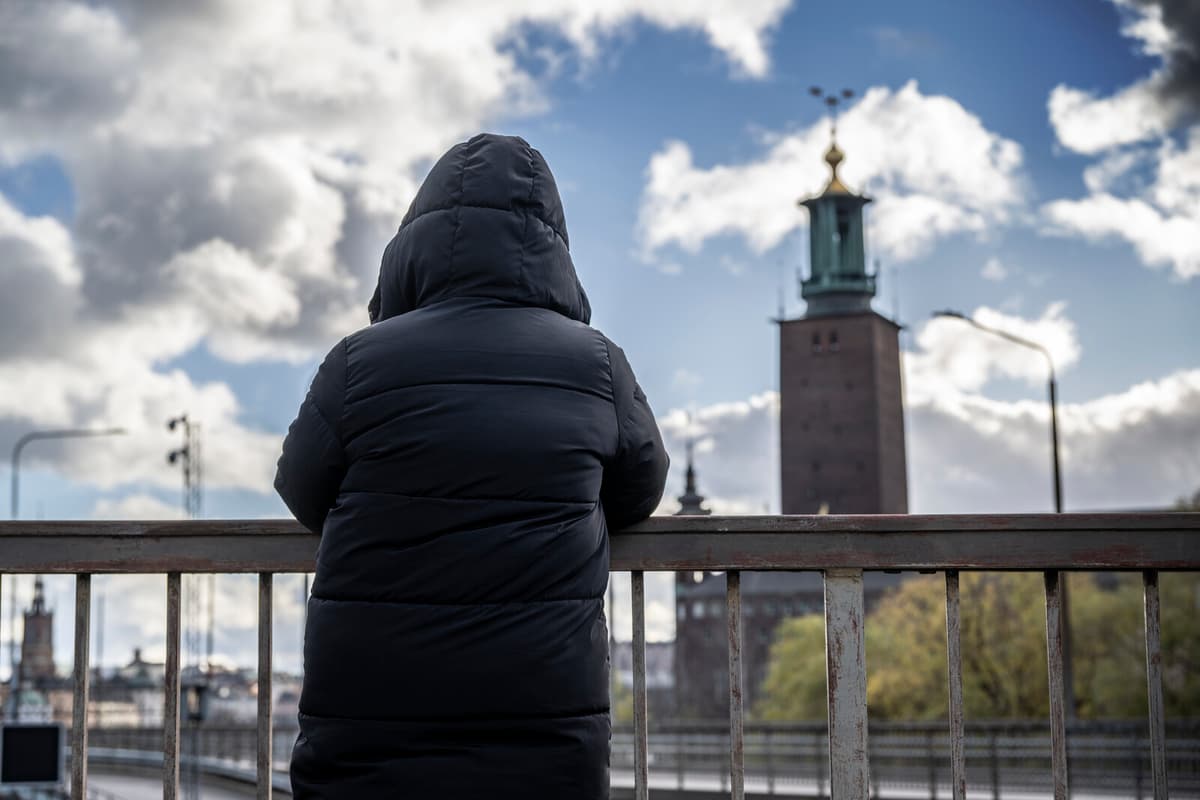Recently, a social worker in Mellerud was subjected to an attempted murder, and after serious threats, the social services office in Botkyrka outside Stockholm was forced to temporarily close.
The events are the tip of the iceberg.
Novus has conducted a survey where nearly four out of ten social workers, 38 percent, report that they have been subjected to threats or violence during the past two-year period.
The Union is Concerned
"Amira", as TT calls her, is one of those affected. She worked at a social services office in the Stockholm area when she made the decision to take a child into care.
The mother became very threatening. She called and sent 80 messages a day. It became scary, she says.
Despite the threats, "Amira" continued to work on the case. At a meeting between the mother, the child, and the social services, the situation escalated.
The mother became physical. She hit me, pulled my hair, and spat on me.
The incident was reported to the police and the mother was later convicted in court. During the process, "Amira" felt that she received support from her manager, but she is disappointed with how the union acted.
I could talk to my manager. The municipality also supported me, but on the other hand, I don't think the union was helpful.
Heike Erkers is the chairman of the trade union Akademikerförbundet SSR. She says that she understands why social workers do not feel union support.
If the government were to invite us to meetings with responsible authorities and employers, we could have our say and get more tools.
The situation worries Erkers. Also, considering the so-called LVU campaign, a disinformation campaign where Swedish authorities are said to kidnap Muslim children.
There have been threats and violence before, but it's problematic that it's increasing.
Safety Commission
To improve the situation, Akademikerförbundet SSR wants to establish a safety commission, where the union, employers, and the state can quickly take the right measures.
It's important that we open up about these issues. The attractiveness of the profession risks decreasing, which can lead to big problems, says Erkers.
"Amira" tells that she felt unwell for a long period after the events and that she considered changing jobs.
My salvation was a new assignment. If I had been permanently employed, I probably wouldn't have been able to continue.
The Novus survey shows that 38 percent of the social workers surveyed have experienced threats or violence at work during the past two-year period. The corresponding figure for 2022 was 37 percent. In 2019, 35 percent answered that they had been subjected to threats or violence.
71 percent of those who experienced threats or violence responded that they received support from their employer. In 2022, 69 percent answered that they received support, and in 2019, the figure was 70 percent.
74 percent felt that the support from the employer was good, which can be compared to 72 percent in 2022 and 75 percent in 2019.
A total of 2,696 social workers from different parts of Sweden participated in the survey.
Source: Novus






